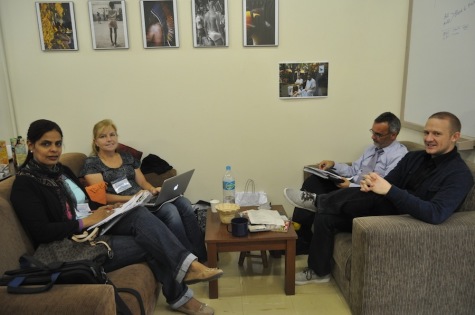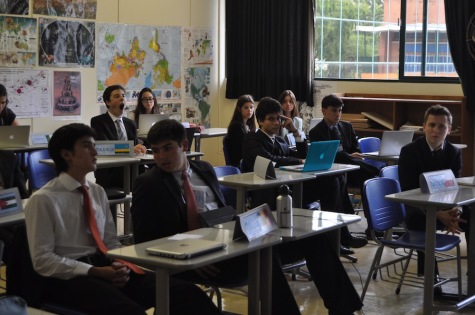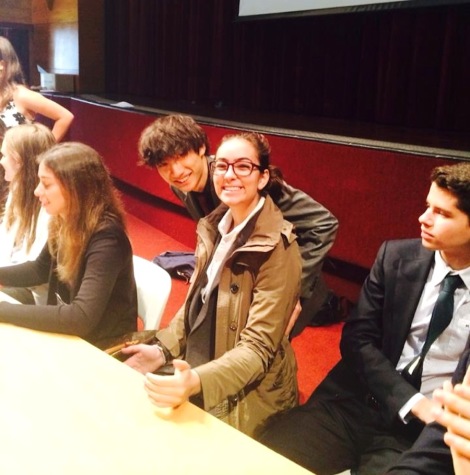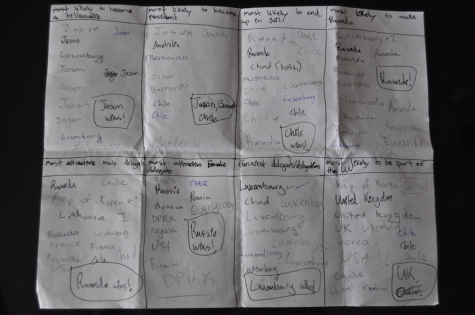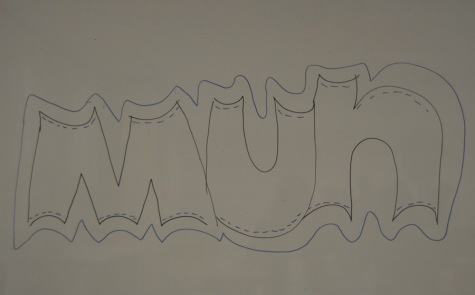Security council topic
Delegates in the Security Council for this year’s SPMUN will be discussing the 2014 Crimean crisis and the 2014 Gaza conflict.
Ukraine and Russia have developed a complex relationship with each other since history. As the territory of Ukraine was changing throughout history, ethnic Ukrainian and ethnic Russians started to inhabit within distinct regions of the single nation. The Ukrainians settled mostly in the northern and western regions while the southern and eastern parts were occupied by ethnic Russians. In a 1991 referendum, more than 90% of the Ukrainians voted for independence. As for Crimea, Crimea was transferred to Ukraine in 1944 and has remained part of Ukraine up until the the recent conflict between Ukraine and Russia which began in 2013. Despite Ukraine and Crimea’s independence from Russia, their relationship between Russia are close in many aspects, politically, geographically and demographically.
The onset of the crisis began with the domestic unrest in Ukraine. In November, 2013, there were protests in the streets against Ukrainian President Viktor Yanukovych for abandoning an agreement that would increase trade ties with the EU, thereby weakening Russian economic influence. About 100,000 people attended a protest in Kiev, the nation’s capital, regarded as the largest demonstration in the country since the Orange Revolution. Police reacted to this by attacking and arresting protesters, images of which spread rapidly across the web.
In the midst of the turmoil, Vladimir Putin offered to buy $15 billion of Ukrainian goods and lower the price of imported Russian gas. About two months after this offer, President Yanukovych came to a compromise with the opposition leaders but disappeared the day after, resulting in the parliament’s vote to remove Mr. Yanukovych from office and appoint an interim president, Olexander Turchynov. It was later noticed that Mr Yanukovych had fled to Russia. By late February 2014, pro-Russian armed men occupied important government buildings in Crimea’s capital, Simferopol. This past March 16, a referendum on Crimea’s secession to Russia was conducted with 97% of Crimean voters voting to secede from Ukraine and join Russia. Two days later, President Putin agreed to a bill to accept Crimea into Russia.
In the mean time, Ukraine, in particular the eastern region, witnessed pro-Russian separatists attacks on government forces, resulting in the Ukrainian government launching an “anti-terrorist operation”. This MUN conference calls for the safeguarding the integrity of Ukraine and deals with issues such as self-determination, territorial integrity and sovereignty.
The second topic deals with the reconciliation of the Gaza conflict. Peace seemed to have finally settled in between Israel and Palestine, but not for long. Hamas is a controlling militant group of the Gaza strip which is labeled a terrorist organization by the United State, the EU, and many other nations. On June 30th, three Israeli teenagers were kidnapped and killed, allegedly by Hamas. Hamas initially denied its involvement in this tragedy, but later Hamas’ political leader Khaled Meshaal recognized Hamas involvement. In reaction to this, Israel arrested approximately 300 Palestinians, including many Hamas members in the West Bank. Israel initiated its first attack on Gaza to which Hamas responded with rockets.
In retaliation for the murder of the three Israeli teens, on July 2nd, a Palestinian teenager was kidnapped and burned to death, resulting in riots across East Jerusalem. This led to more rocket attacks by Israel on Gaza, increasing the Palestinian death toll rapidly. The number of lives lost during these recent series of conflicts has been one of the worst in recent years.
Despite previous violations of ceasefires between the two entities, on August 26, 2014, Israel and Palestine agreed to a long-term ceasefire. The war ended after 50 days with 2,104 Palestinians, 66 Israeli soldiers and seven civilians dead. Both sides have agreed to stop all forms of military attacks. Israel has agreed to open up borders with Gaza and lift previous border restrictions, allowing for a freer flow of goods. In another bilateral agreement, Egypt opened up its borders with Gaza. In addition, Israel has extended the fishing boundaries for Palestinians.
The question now at hand is the efficacy and the length of time peace will remain in this region. Past experiences have shown not to be so confident in long-term peace and as U.S. Secretary of State John Kerry said in reaction to the ceasefire, “We are approaching the next phase with our eyes wide open. We have been down this road before, and we are all aware of the challenges ahead.” It is this very issue of maintaining peace that the delegates of SPMUN must debate and work towards over the weekend.
(Figures as of Aug 28. Sources: Palestinian Ministry of Health, OCHA, IDF)
Sources: bbc.com

Julia, also known as ‘Joules’ (yes, that unit for energy), is new to The Talon this year and will be working as the News Editor. She is an excellent...

